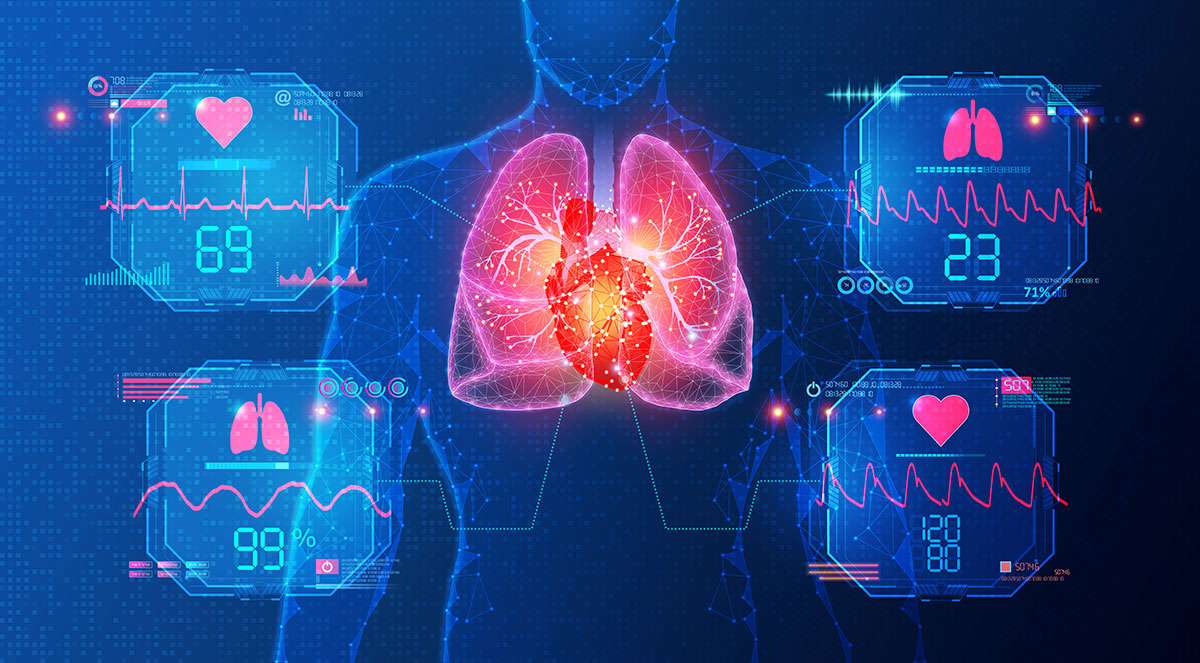
Stress is something we are all familiar with. Throughout our modern life, we move fast, are bombarded by information coming at us from all angles, and have overwhelming responsibilities and duties to take care of. While extremely powerful, our nervous systems are not designed for this lifestyle. We need balance. As much as we think we can take it all on, we need to equally slow down, rest, relax, and digest it all.
How do we know how balanced our nervous system is?
Despite how you may feel about modern technology, we are in a time where we can access data like never before. The development of wearable technology has provided the ability to track our activity throughout the day and various biomarkers that can provide deep insights into our health and well-being.
One of our favorite biomarkers to track is heart rate variability (HRV).
Simply put, HRV is the measurement of the fluctuation in intervals between heartbeats. Our heart rate is constantly changing based on the demands of our bodies and is controlled by our autonomic nervous system (ANS). The ANS is constantly striving to maintain balance amidst all of what is going on in our life.
When looking at HRV, we can get information about the balance between the sympathetic and parasympathetic nervous systems. High HRV indicates a healthy balance between these two systems, and low HRV indicates a lack of balance. On a day-to-day basis, we can use HRV to understand how recovered we are and our ability to adapt and bounce back from stressful situations or stimuli.
There are several ways that someone can improve their heart rate variability (HRV), including:
- Breathing practice: the heart rate is closely linked to the respiratory cycle, and we can use various breathing techniques to tap into our nervous system, providing the balance we need when we need it the most.
- Regular physical exercise: Regular aerobic exercise has been shown to improve HRV by increasing the activity of the parasympathetic nervous system.
- Adequate sleep: Getting enough quality sleep is essential for maintaining a healthy balance between the sympathetic and parasympathetic nervous systems, which can help improve HRV.
- Stress management: Chronic stress can have a negative impact on HRV by increasing the activity of the sympathetic nervous system. Techniques such as meditation, yoga, and deep breathing can help to reduce stress and improve HRV.
- Good nutrition: A diet that is rich in fruits, vegetables, whole grains, and lean protein can help to reduce inflammation in the body and improve overall health, which can help to improve HRV.
- Avoid alcohol, nicotine, and caffeine: These substances can have negative effects on HRV, so it’s best to limit or avoid them entirely.
- Cold exposure: Cold exposure through cold showers or ice baths may help to improve HRV.
- Using a wearable like the Apollo wearable from Apollo Neuro that actively improves your body’s resilience to stress, so you can relax, sleep, focus, recover, and feel better. This scientifically proven device uses silent, soothing touch therapy through gentle vibrations to rebalance and strengthen your nervous system, helping you move between sympathetic and parasympathetic with more ease. The Apollo works great in conjunction with a wearable that tracks HRV.
It’s worth noting that HRV is a complex parameter and can fluctuate with different factors such as stress, sleep, and physical activity, so measuring HRV with other parameters and over time is important to get a full picture. Additionally, individuals may have different needs, so consulting a healthcare professional can be helpful in creating a tailored plan to improve HRV.


Recent Comments